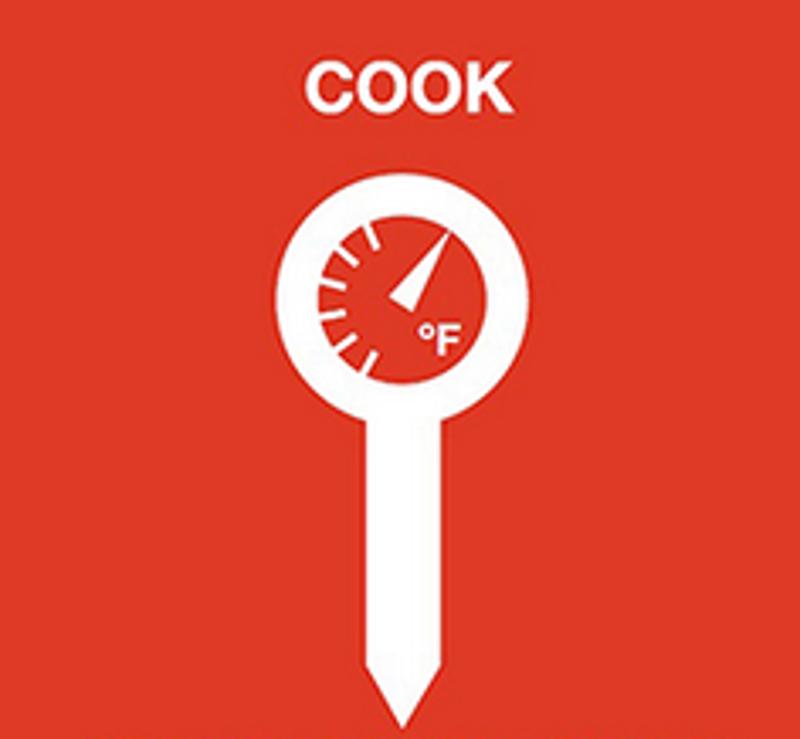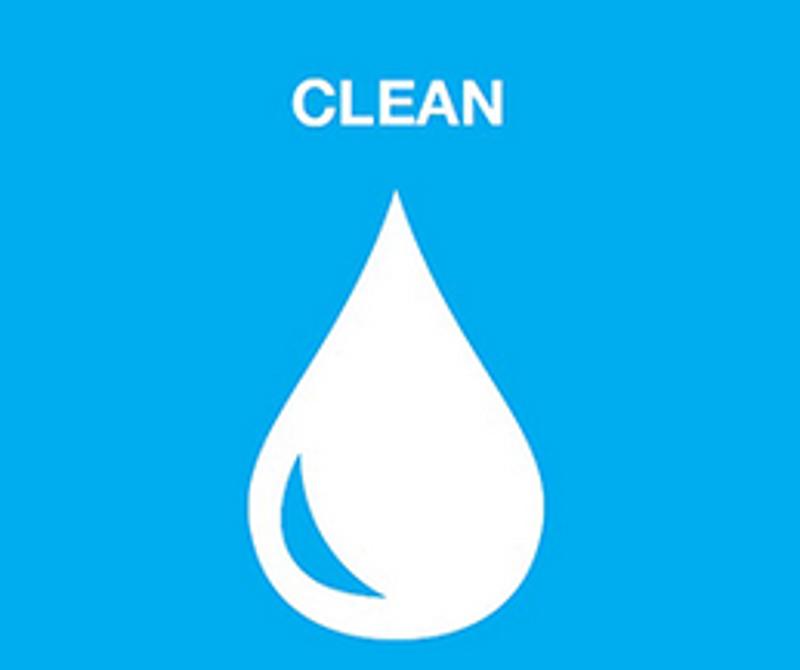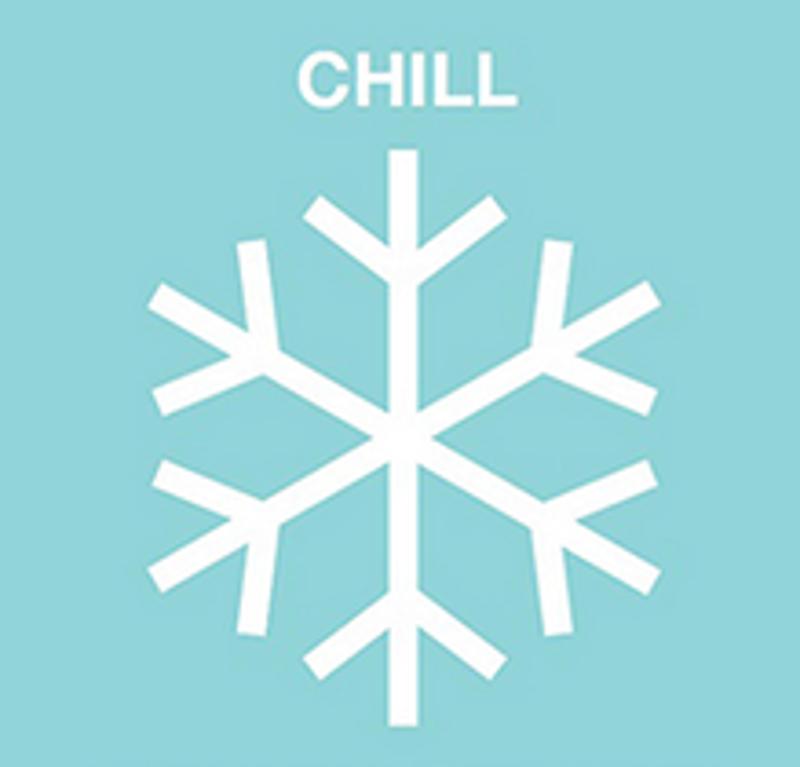怀疑食物中毒该怎么办?
Foodborne illness (sometimes called "foodborne infection," or "food poisoning) is a common, costly—yet preventable—public health problem. Many different disease-causing microbes, or pathogens, can contaminate foods, so there are many different foodborne infections. In addition, poisonous chemicals, or other harmful substances can cause foodborne diseases if they are present in food.
食源性疾病(有时称为“食源性感染”或“食物中毒”)是一种常见、代价高,但可预防的公共卫生问题。许多不同的致病微生物,即病原体,可以污染食物,因此食源性感染有很多种类。另外,有毒的化学物质或其他有害物质存在于食物当中也能引起食源性疾病。
How to prevent foodborne Illnesses?
怎样预防食源性疾病?
1.Cook to the right temperature
Many people think they can tell when food is “done” by checking its color and texture, there’s no way to be sure it’s safe without using a food thermometer.
用适当温度烹调
许多人觉得他们可以凭借食物的颜色和质地来判断食物是否已“熟”,但没有使用食物温度计的话是无法确定食物是否安全。
2.Wash hands and surfaces often
Illness-causing bacteria can survive in many places around your kitchen, including your hands, utensils, cutting boards, and countertops.
勤洗手和物体表面
致病菌可在厨房的许多地方生存,包括你的手、餐具、砧板和台面。
3.Refrigerate promptly
Illness-causing bacteria can grow in many foods within two hours unless you refrigerate them. (During the summer heat, cut that time down to one hour.)
及时冷藏
如果不将食物冷藏,致病菌可在2小时内滋生。(在夏季高温下,滋生时间可缩短至一小时)
4.Don’t cross-contaminate
Raw meat, poultry, seafood, and eggs can spread illness-causing bacteria to ready-to-eat foods—unless you keep them separate.
不要交叉污染
生肉、家禽、海鲜以及鸡蛋可以把致病菌传播到即将食用的食物,除非你把它们分开。
What should you do if you think you have food poisoning?
如果怀疑食物中毒了,你该怎么办?
See your doctor if you have:
如果有以下情况要马上就医:
High fever (temperature over 101.5 F, measured orally)
高烧(口探温度高于101.5华氏度,约38.6摄氏度)
Blood in the stools
大便有血
Prolonged vomiting that prevents keeping liquids down (which can lead to dehydration)
长时间呕吐导致体液减少(可导致脱水)
Signs of dehydration, including a decrease in urination, a dry mouth and throat, and feeling dizzy when standing up.
有脱水迹象,包括排尿减少,口干和喉咙干,以及站立时感到头晕
Diarrheal illness that lasts more than 3 days
腹泻持续超过3天
(来源:美国疾控中心)
(感谢世界卫生组织新发传染病监测研究与培训合作中心陈伟师博士提供专业指导)
统筹:宁可儿
翻译:曦檬子
美编:晓马哥








